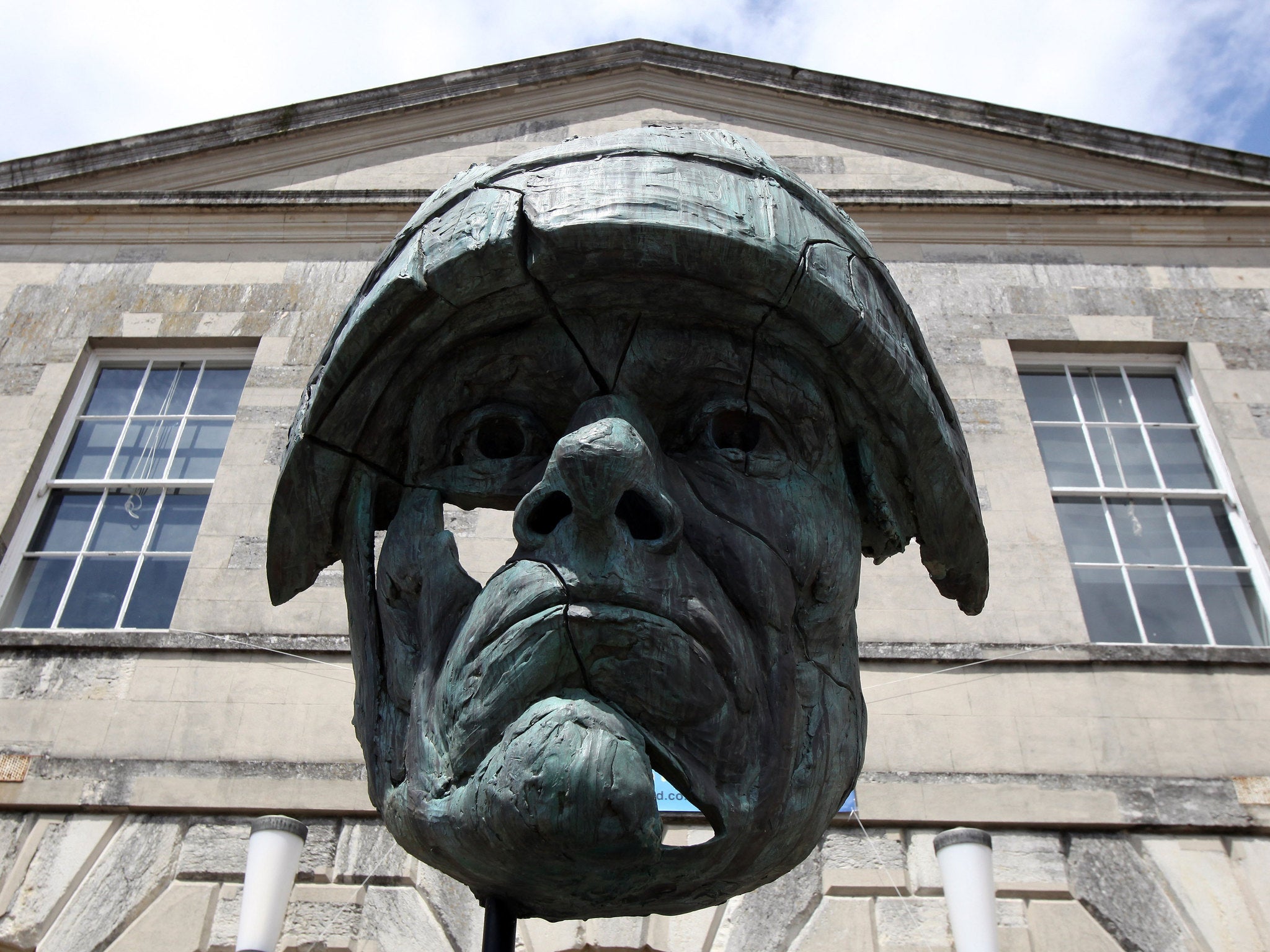Warriors in ancient Iraq suffered Post-Traumatic Stress Disorder more than 3,000 years ago, say researchers
Academics have found evidence that PTSD was suffered earlier than previously thought in Mesopotamia

Ancient warriors could have suffered from Post-Traumatic Stress Disorder (PTSD) as far back as 1300 BC, according to new research.
It had been thought that the first record of PTSD was in 490 BC, during the Greco-Persian Battle of Marathon, but researchers at Anglia Ruskin University have found that it could have existed more than 3,000 years ago.
Evidence was discovered of trauma suffered by warriors in Mesopotamia, or modern-day Iraq, under the Assyrian Dynasty, which ruled from 1300-609 BC.
Texts from the period refer to how King Elam’s mind “changed”, meaning that he was disturbed, or suffering from PTSD. Soldiers in Assyria were required to fight in battles every third year of their compulsory military service and this is believed to be the cause of the condition.
The paper states that while modern technology has increased the effectiveness and types of weaponry, "ancient soldiers facing the risk of injury and death must have been just as terrified of hardened and sharpened swords, showers of sling-stones or iron-hardened tips of arrows and fire arrows."
It added: "The risk of death and the witnessing of the death of fellow soldiers appears to have been a major source of psychological trauma.
"Moreover, the chance of death from injuries, which can nowadays be surgically treated, must have been much greater in those days. All these factors contributed to post-traumatic or other psychiatric stress disorders resulting from the experience on the ancient battlefield."
Professor Jamie Hacker Hughes, director of the Veterans and Families Institute at the university and co-author of the paper, said that the research shows that PTSD was first witnessed far earlier than previously thought.
“This paper, and the research on which it is based, demonstrates that post traumatic psychological symptoms of battle were evident in ancient Mesopotamia. Well before the Greek and Roman eras, before the time of Abraham and the biblical Kings, David and Solomon, and contemporarily with the time of the Pharaohs,” he said.
"Especially significant is that this evidence comes from the area known as the cradle of civilisation and, of course, the site of much recent conflict including the recent Gulf and Iraq Wars in which many British service personnel were involved."
The paper is entitled “Nothing New Under the Sun: Post-Traumatic Stress Disorders in the Ancient World” and was co-authored with Dr Walid Abdul-Hamid of Queen Mary University of London.
Join our commenting forum
Join thought-provoking conversations, follow other Independent readers and see their replies
Comments
Bookmark popover
Removed from bookmarks